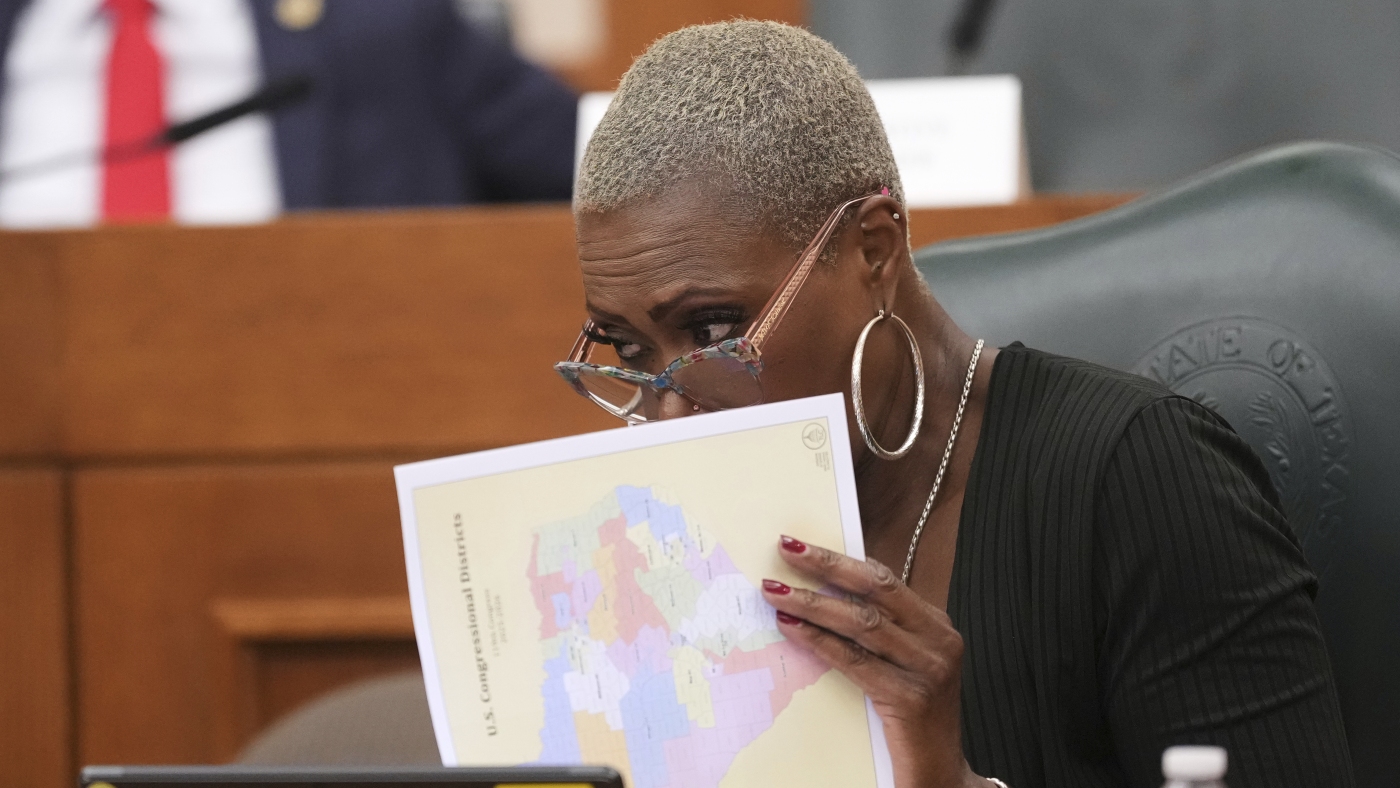At the Supreme Court, justices from both sides shared a rare moment of humor during a case about voting rules in Illinois. The case stems from a challenge by Rep. Michael Bost, a Republican from Illinois, against a regulation that allows mail-in ballots sent by Election Day to be counted for up to 14 days after polls close. Lower courts sided against Bost, determining he didn’t show harm since he won the election.
Bost’s lawyer, former U.S. Solicitor General Paul Clement, argued that Bost was negatively impacted by the mail-in ballots because they diluted his victory margin and required him to pay staff during the extended vote count. Chief Justice John Roberts was skeptical, suggesting Bost’s claims could be boiled down to, “I’m a candidate, and these rules affect me.”
Justice Samuel Alito echoed this skepticism, questioning why Bost’s complaint lacked substantial facts. He hinted at a broader concern: “Loosening the rules for counting votes generally helps Democratic candidates,” he said. Justice Sonia Sotomayor also criticized the arguments, saying Bost’s legal brief didn’t follow necessary procedures.
The justices explored whether candidates with little chance of winning should have the right to sue. In a light-hearted moment, Clement stated, “I’ll stand with the 2% candidate,” referencing the Socialist Workers Party. Sotomayor and Justice Neil Gorsuch pointed out the absurdity of aligning with candidates who have no chance of success.
Illinois Solicitor General Jane Notz argued that allowing any candidate to challenge election rules could lead to chaos. Chief Justice Roberts responded, implying that such a scenario would be disastrous. This illustrates the tightrope courts must walk between safeguarding election integrity and preventing frivolous lawsuits.
As voting regulations evolve, this case highlights a significant trend: the ongoing struggle between state laws and candidates’ rights. In recent surveys, such as one from the Pew Research Center, nearly 63% of Americans expressed concern about voting integrity. This reflects a broader national conversation about how to ensure fair elections without infringing on candidates’ rights.
The lively debate at the Supreme Court underscores that even judges can find the world of electoral law confusing and at times amusing. As we look to the future of voting in America, understanding both the legal and social implications of these decisions will be vital. If you’d like to read more about this topic, check out the Pew Research Center for additional insights.





















